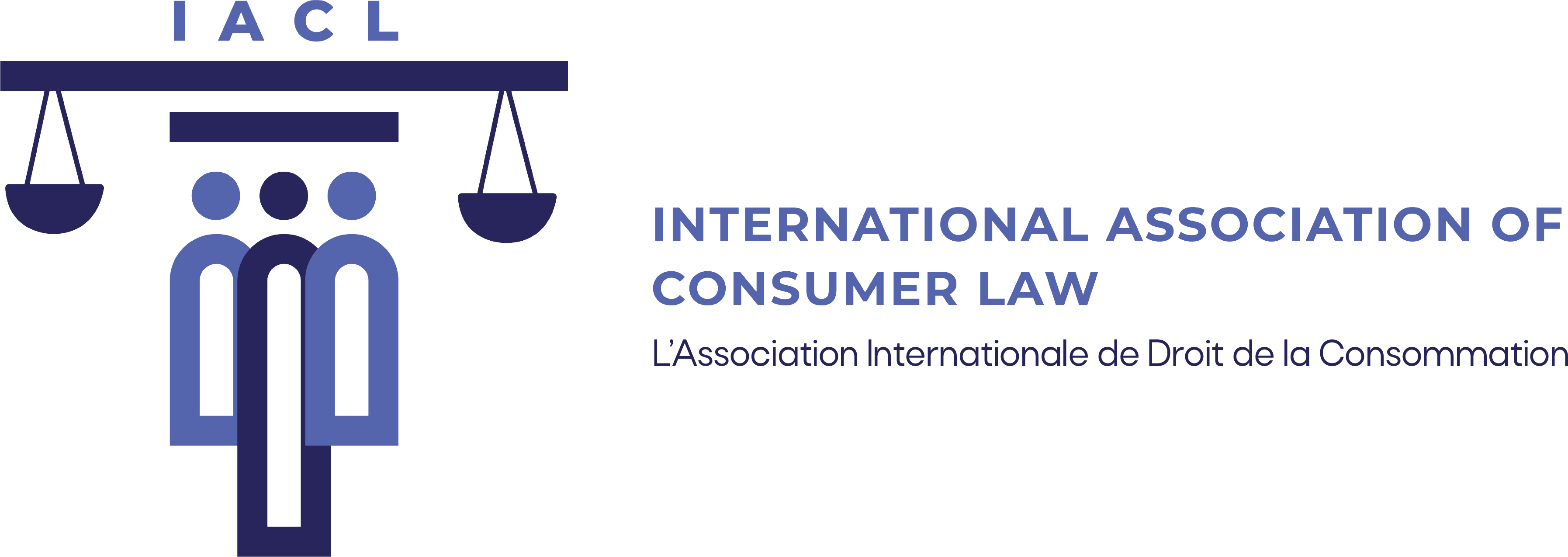Some news from the IGE at the UN Trade and Development (UNCTAD), the International Group of Experts (IGE) on Consumer Protection.
The IACL has endorsed the outstanding work carried out by the 3 informal working groups. Special mention goes to Christine Riefa, who leads the E-commerce Working Group, and Ana Cipriano Muniz, who is heading the Gender and Consumption Working Group. As I said at the meeting ‘their valuable efforts have inspired us to organize panels at the Buenos Aires Congress from July 23 to 26, 2025. These panels will focus on the two ongoing Technical Notes prepared by the Working Group on E-commerce, namely ‘Children as special vulnerable consumers and digital consumption’ and ‘AI and consumer protection challenges.’ Additionally, is to be mentioned the ongoing Checklist on Gender-inclusive Consumption, which has been prepared by the WG on Gender and Consumption, covering areas such as Marketing, Financial Services, and Gender Pricing.”
The Keynote speaker of this IGE on consumer protection was my dear colleague Prof. Laura Best, from South Africa. We congratulate her for the excellent and insightful open speech.
On this first day at the IGE, we also had an excellent panel about the protection of tourists as consumers. It was presented the 2021 International Code of the Protection of Tourists from the UN World Tourism Organisation, a soft law with valuable principles and recommendations for consumer protection, especially in emergency situations, now with 32 Member States adherence.
We are grateful for the collaboration in Geneva of our entire IACL-ILA Delegation, including former President Professor Thierry Bourgoignie from Belgium, the co-organizer of the Buenos Aires Congress Professor Martina Rojo from USAL Argentina, the Board Member Professor Christine Riefa from Reading, along me and Dr. Yu Ying from Oxford, representing also the Committee on International Protection of Consumers from the ILA.
With thanks.
Claudia Lima Marques, President, IACL.
